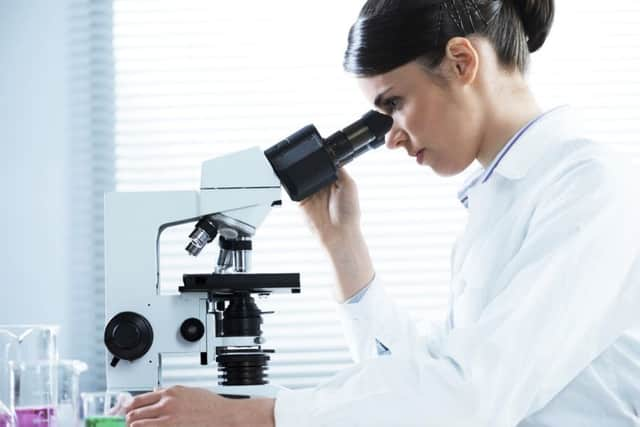Ageing gene linked to ‘smoking, diet and exercise’


University of Exeter scientists have shed light on molecular changes that occur in our bodies as we age to predict people’s “biological age”. The new test will help spot people with a biological age older than their actual age who are more likely to have conditions such as high blood pressure or cholesterol .
While the underlying causes of ageing are largely unknown, growing old increases the risk of diseases such as cancer, heart disease, and stroke – three of the leading causes of death.
Advertisement
Hide AdAdvertisement
Hide AdThe largest study of its kind examined expression of genes in blood samples from 15,000 people across the world.
They found 1,497 genes that are linked to ageing and also uncovered a link between these genes and factors such as diet, smoking and exercise.
The study has been published in the journal Nature Communications.
Whilst the underlying causes of human ageing are largely unknown, growing old increases the risk of diseases such as cancer, heart disease, and stroke -- three of the leading causes of deat.
The international team looked for changes in gene expression, a process in which the information contained in genes is ‘expressed’ by reading the DNA sequence and creating RNA, and subsequently proteins.
It examined the blood to find an easy to measure markers of human ageing.
Dr Luke Pilling, Associate Research Fellow in Genomic Epidemiology at the University of Exeter said: “This study has discovered many genes that change in their patterns of expression with age.
“This study has not only given insights into ageing mechanisms - such as mitochondrial function - but these techniques have potential use in prediction and treatment.”
Advertisement
Hide AdAdvertisement
Hide AdThe new study published in the journal Nature Communications identified 1,497 ageing genes, of which about 1,450 are newly identified.
Many of the genes work together in pathways such as generating the energy supply of the cells (mitochondrial function), metabolic processes, and the stability and flexibility of the cells.
This large amount of newly identified genes provides a key breakthrough to better understand the molecular changes during ageing.
Dr Pilling added: “Large, observational, and collaborative projects such as these provide a great platform to focus ageing research in the future, with the hope that predictive tests can be developed, and treatment strategies for age-related conditions improved.”